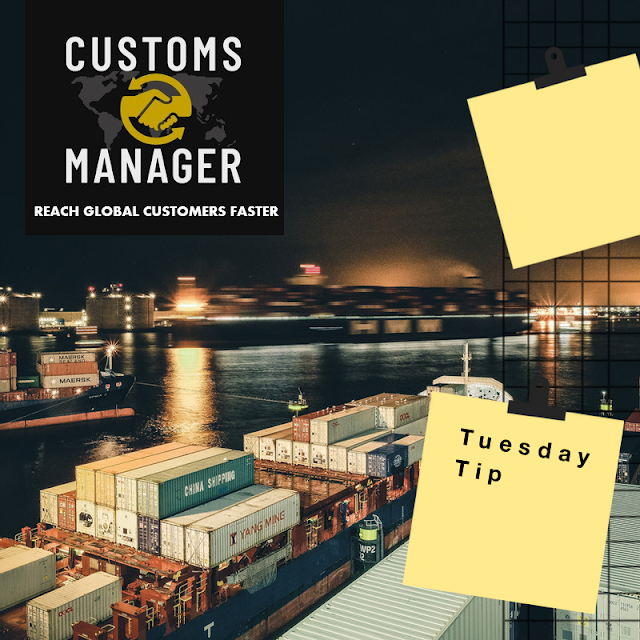eCommerce for Import/Export Businesses
According to eMarketer, one billion people
will have Internet
access this year,
with over 250 million
households having broadband. Despite accounting for 56 per cent of the world's population,
just 10 per cent has access to the Internet at the moment. With Asian
nations' rapid economic expansion,
this figure will skyrocket in the future years. Because of the Internet's pervasiveness, businesses are
being compelled to actively embrace it as a marketing
and sales medium. Many businesses have implemented Internet-based technology to expedite critical business
operations and are reaping significant benefits as a result.
Import & export manager are
no exception! Most export-import businesses use the Internet
to expand their client base, enter new markets, investigate rivals,
locate new goods, and assess a
nation's potential. However, many of these same organisations are still
hesitant to incorporate business
elements into their everyday business operations and, as a result, fail to get genuine
value from Internet
use.
The technique of selling things through the
Internet is known as electronic commerce. eCommerce is divided into two categories: business-to-business and business-to-consumer. Retailers are often active in B2C, whereas
import-export dealers are frequently involved in B2B. That is why you must understand that the eCommerce
components you may want for your
website will be determined by the details of your organisation. In general, all eCommerce
sites incorporate some of the following business
functions:
·
An eCatalog that allows buyers to browse
the things you have to offer.
·
Product specifications that include
technical and delivery
details
·
A tool that allows you to send a quotation request
online (RFQ)
·
A mechanism for putting goods orders - typically a shopping cart
·
Viewing the status of an order


Comments
Post a Comment